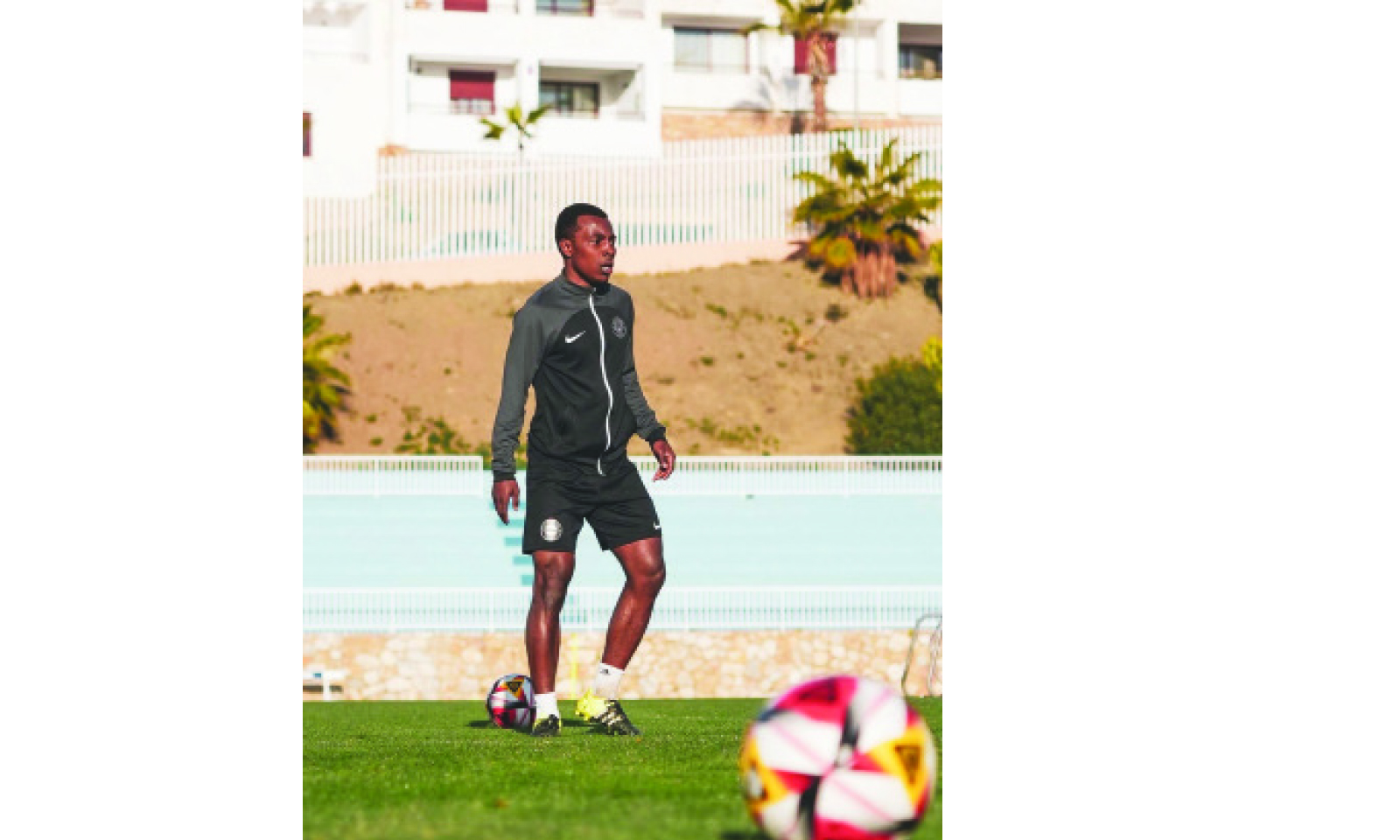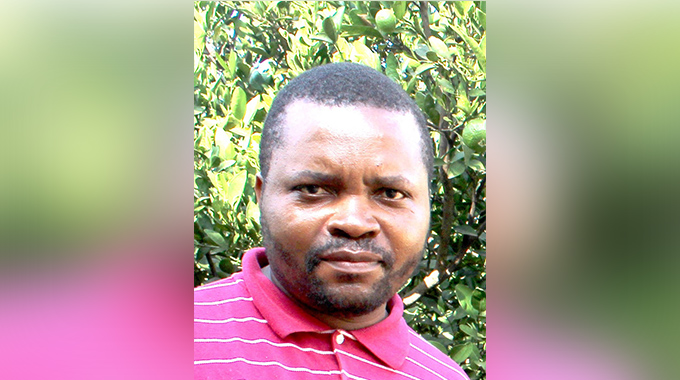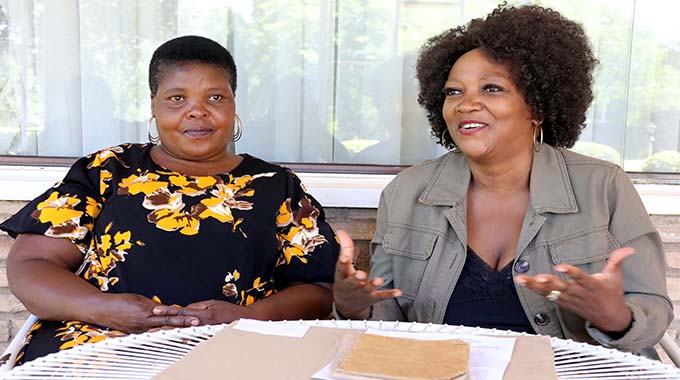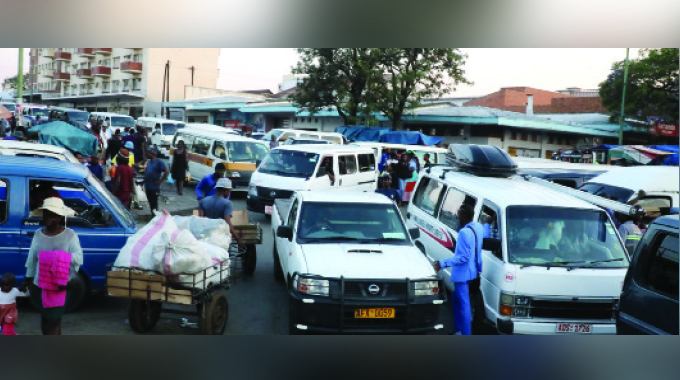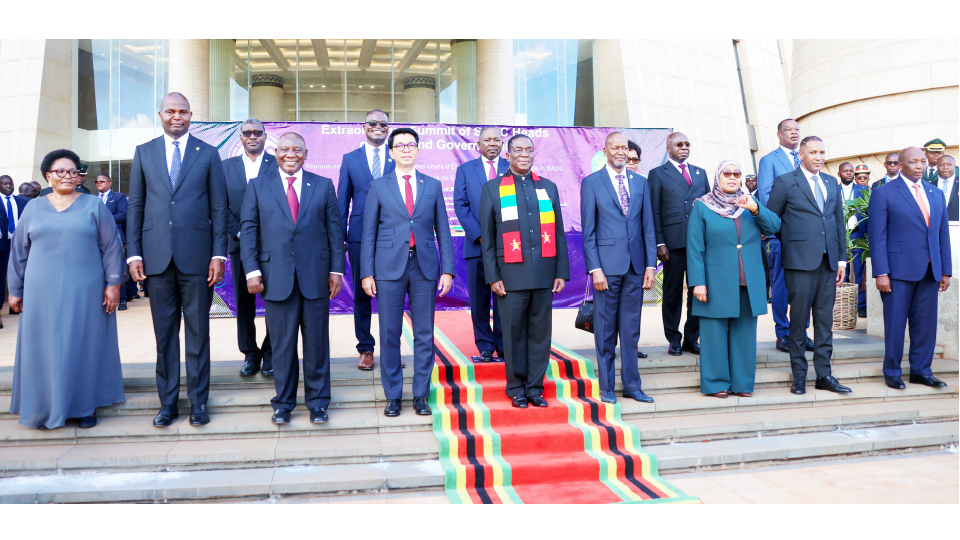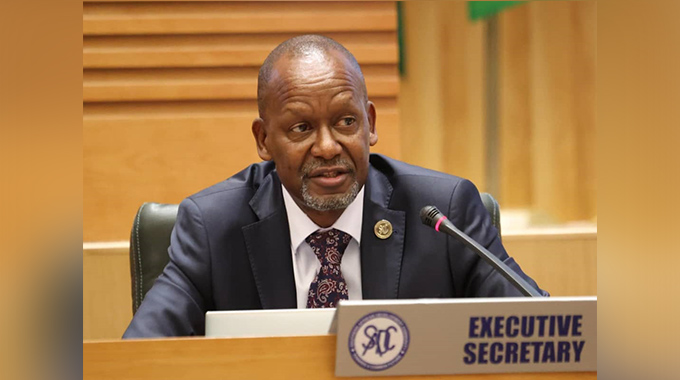
Motorists have been complaining that some police officers deployed to roadblocks and checkpoints that are doing such good work have been returning to the days before the Second Republic of concentrating on trivial infringements and overtight enforcement of minor offences.
Most people, and that includes the respectable kombi owners and their drivers and their passengers, go along with the enforcement campaign that has been seeing a lot more public transport owners going through the procedures and registering and licensing their kombis after meeting the set of rational requirements.
This is enlightened self-interest, since those who do not simply see fines mounting up and risk having their kombis impounded. But a growing percentage of the kombi fleet is now a lot safer and the mushikashika are being tamed at least, even if they still operate on backroads.
Nor will most drivers, even if they take chances themselves at times, complain about the police concentrating on proper enforcement of safety laws. So police action to control speeding, drinking while driving, dangerous overtaking, sweeping in front of oncoming traffic when turning and other serious offences will be accepted as right and proper.
But we have, reportedly, had police officers complaining about the make of fire extinguishers and the colour of reflective jackets, about the type and condition of reflective triangles, about number-plate lights in broad daylight and other trivia. Admittedly laws and regulations need to be enforced but for this sort of offence, if action is thought to be needed, all that is needed is a warning and perhaps an appointment at a local station to show the checking officer the proper extinguisher or whatever in a few days time.
We have commented before on the need for police to be properly equipped with speed traps and breathalysers. Every traffic expert puts speeding and driving while over the blood-alcohol limit as causing a high proportion of accidents, along with reckless driving which should include unsafe overtaking and swerving suddenly across traffic lanes to make a turn. Even traffic lights and stop signs should be obeyed, although we do not need a return to fining people stopping 2cm over a stop line or stopping for just a second.
Traffic law enforcement requires smart policing, being very tough on the dangerous driving and the dangerous vehicles and putting the public at risk, while at the same time using a combination of warnings and perhaps fix-it checks for minor matters.
For the very dangerous driving we would like to move away from fines and start seeing community service introduced. Fines are just an irritation for the rich but can hammer the less well off severely. A couple of days of community service would be more egalitarian. Gangs of offenders could be used to cut verge grass and pick up rubbish along our highways.
The enforcement campaign has also made clear that there is a severe lack of simple and basic infrastructure in some places, and that people were offending because their options were limited.
Bus stops are one problem, at least in Harare. There is a serious lack of properly marked bus stops. Informal bus stops can be dangerous for everyone, and we see the point of enforcement to stop their use, but the real bus stops where the bus or kombi pulls into the kerb for a minute or two are safe if they are correctly positioned.
The city centre terminus is not always the most obvious or convenient place to get off. We would like to see the Harare City Council, in consultation with the major associations representing kombi owners and the police, return to a reasonable grid of proper bus stops as we once had in the city centre and along bus routes.
Each stop might mean the loss of two or three parking bays, but this would be a trivial loss of parking and a massive jump in convenience, as well as removing temptations from kombi drivers anxious to please pleading passengers. We used to have these proper bus stops marked out on the road and with the bus stop signs, made from precast concrete, but they have all gone over the years in the desperate desire to squeeze in just one extra parking bay.
There is a similar need to have properly signposted bus stops outside the city centre along all bus routes with enough verge graded for a bus to stop, so that buses and kombis can pick up and drop off passengers safely. These stops should not be allowed to become a sort of terminus, with a kombi parked while it awaits customers, those can be at shopping centres, but we do need places where people can wave down a bus or get off to go home.
Another major jump in safety outside the city centre would be to replace as many suburban traffic lights as possible with roundabouts. Some past city planners used to create road reserves with the adjacent stand corners cut off at major intersections so there is often enough space for a roundabout.
Apparently the cost of a roundabout and a set of traffic lights are about the same. So where there is enough space in the road reserve we should go for the roundabout, which enforces a slower speed, works during load shedding, does not have people stopped and waiting for thieves in the middle night, and generally ensures smoother traffic flows.
Speed humps can help in some places, but again we need proper design rather than a great mound across the road designed to smash the sump on anything smaller than a truck.
There are some places with low rumble humps, that slow traffic to acceptable speeds but do not force almost everyone to almost stop and this intelligent design should be more common.
These sort of intelligent infrastructure additions, like proper bus stops, roundabouts, rumble strips and the like can help the police enforce good safety by simply making it a lot harder to commit the offence in the first place, and they work 24 hours a day.



